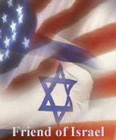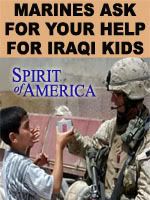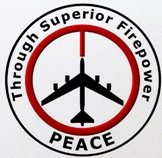Royal Marines carried out a dramatic rescue attempt of their comrade, Lance Corporal Mathew Ford, in Afghanistan on Monday 13 January 2007. It was with great sadness that they later discovered he had been killed in action.
Lance Corporal Ford, from 45 Commando Royal Marines, died when his UK Task Force attacked a major Taliban fort in southern Helmand Province.
The attack began at dawn on Monday 15 January 2007, on the Taliban base of Jugroom Fort, south of Garmsir. Z Company 45 Commando, mounted in Vikings and supported by C Squadron, Light Dragoons, crossed the Helmand river to the south west of the fort.
…………………………………………………………………………….
The UKTF met ferocious Taliban fire from all sides. As planned, Z Company then withdrew back to the far side of the Helmand river having successfully completed their objective. The engagement lasted for approximately five hours.
It is believed a number of Taliban targets were killed but it is not possible to say how many.
Having fought for a period, the Marines regrouped. When they discovered Lance Corporal Ford was missing they flew back, strapped to Apaches, to find their fallen comrade in a unique rescue mission attempt.
An initial plan was hatched to use Viking vehicles but they eventually concluded that the Apache WAH-64 attack helicopters would provide a quicker and safer means to get him out and back to safety.
And so four troops were strapped to the small side 'wings' of two Apaches, two to each helicopter. A third Apache provided aerial cover, and further units laid down a mass of covering fire while the other two Apaches landed.
All four men got off, as well as some of the aircrew, to provide additional firepower and to assist with the recovery of Lance Corporal Ford.
UK Task Force spokesman Lieutenant Colonel Rory Bruce, said:
"It was a leap into the unknown. This is believed to be the first time UK forces have ever tried this type of rescue mission.
"It was an extraordinary tale of heroism and bravery of our airmen, soldiers and marines who were all prepared to put themselves back into the line of fire to rescue a fallen comrade."
This story stands in history next to the exploits of the RAF during the Battle of Britain as well as British commando raid on the docks at St. Nazaire, the capture of Pegasus Bridge and the heroic fighting of the British paratroopers at Arnhem Bridge during unsuccessful Operation Market Garden. So, as I've been doing a lot lately, let me yet again quote my favorite statesman:
Never in the field of human conflict was so much owed by so many to so few.
That, by the way, applies to our Armed Forces as well.

















1 comment:
As you are pointing out, the Western forces (US, Britain, Israel) have no lack of highly motivated, skilled soldiers, and routinely better their opponents on the battlefield (last summer, Hezbollah ordered its fighters to avoid head-on clashes with the IDF- the action of a winner?).
The weakness of the West, in regard to Islamist terrorists, is in political willpower rather than military resources.
Post a Comment